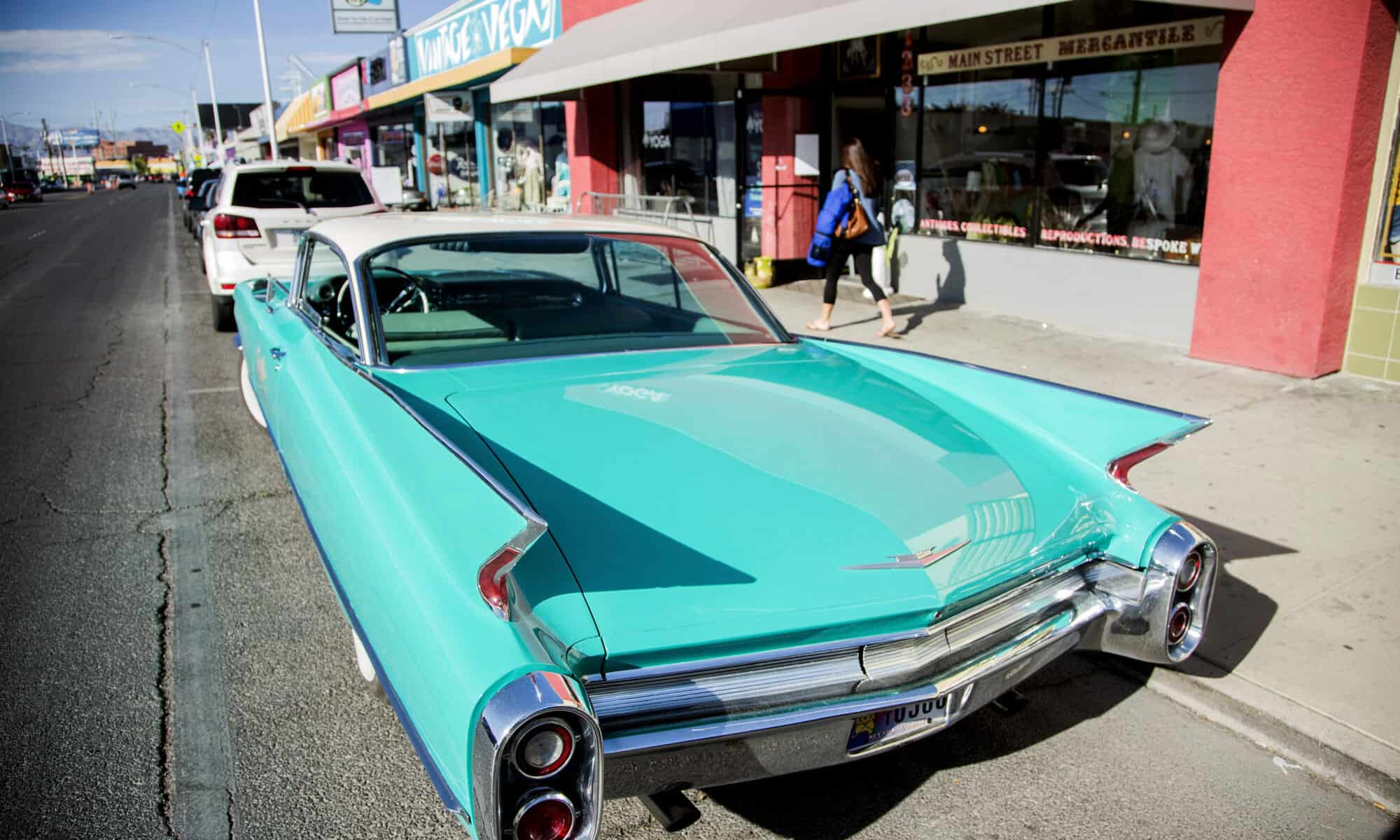[et_pb_section fb_built=”1″ _builder_version=”4.20.2″ _module_preset=”default” global_colors_info=”{}”][et_pb_row _builder_version=”4.20.2″ _module_preset=”default” global_colors_info=”{}”][et_pb_column type=”4_4″ _builder_version=”4.20.2″ _module_preset=”default” global_colors_info=”{}”][et_pb_text _builder_version=”4.20.2″ _module_preset=”default” global_colors_info=”{}”]
What is Classic Car Insurance (CCI)?
Classic car enthusiasts know the joy of owning and driving a vintage vehicle. The classic car market has exploded in popularity over the past few decades, with more people investing in these unique automobiles than ever. However, whether you are the proud owner of a 1967 Mustang or a 1955 Chevrolet Bel Air, protecting your investment with the right insurance coverage is essential. In this article, we will discuss classic car insurance and why it is so important for owners of vintage vehicles.
What does It cover?
Classic car insurance (CCI) is a specialized insurance policy for vintage or classic cars. These policies are different from traditional car insurance policies in several ways. CCI policies are tailored to the unique needs of classic car owners and offer coverage not available with standard car insurance policies.
One of the main differences between CCI and regular car insurance is the way the value of the car is determined. With traditional car insurance policies, the vehicle’s value is based on its current market value. However, classic cars are often worth much more than their market value due to their rarity, condition, and historical significance. Therefore, CCI policies consider the car’s actual value, often higher than its market value.
CCI policies also cover things not typically covered under standard car insurance policies. For example, many CCI policies cover spare parts, accessories, and custom modifications. Additionally, CCI policies may offer coverage for car shows, parades, and other events where the car is on display.
Why Do You Need Classic Car Insurance?
If you own a classic car, you need CCI. Here are some of the reasons why:
Protect Your Investment
Classic cars are often worth a lot of money and are also difficult and expensive to repair. With the right insurance coverage, you could be able to pay for repairs out of your pocket. Classic car insurance may also cover repairs, so you can rest assured that your investment is protected.
Liability Coverage
Suppose you are involved in an accident while driving your classic car. In that case, you could be held liable for any damages or injuries that result from the accident. Classic car insurance policies provide liability coverage to protect you in case of an accident.
Agreed Value Coverage
One of the main benefits of CCI is that it provides agreed-value coverage. This means that you and the insurance company agree on the value of your car, and the policy provides coverage for that agreed-upon value. With traditional car insurance policies, the car’s value is based on its current market value, which can be much lower than the true value of a classic car.
Spare Parts Coverage
Finding spare parts for a classic car can be difficult and expensive. However, CCI policies often provide coverage for spare parts, so you can get your car repaired without breaking the bank.
Custom Modifications Coverage
Many classic car owners like to customize their vehicles with aftermarket parts and accessories. Classic car insurance policies often cover custom modifications, so you can personalize your car without worrying about the cost of repairs.
How Does It Work?
CCI policies are designed to provide coverage for vintage and classic cars. Your car must meet certain criteria to qualify for CCI. Most insurance companies require that the vehicle be at least 25 years old and in good condition. Some insurance companies have additional requirements, such as a maximum mileage limit or a requirement that the car is stored in a garage.
To get CCI, you must provide the insurance company with information about your car, including its make, model, and year. You will also need to provide information about the car’s condition, including any modifications or customizations that have been made to the car. You must also give your address, date of birth, license number, and driving history.
[/et_pb_text][/et_pb_column][/et_pb_row][/et_pb_section]















